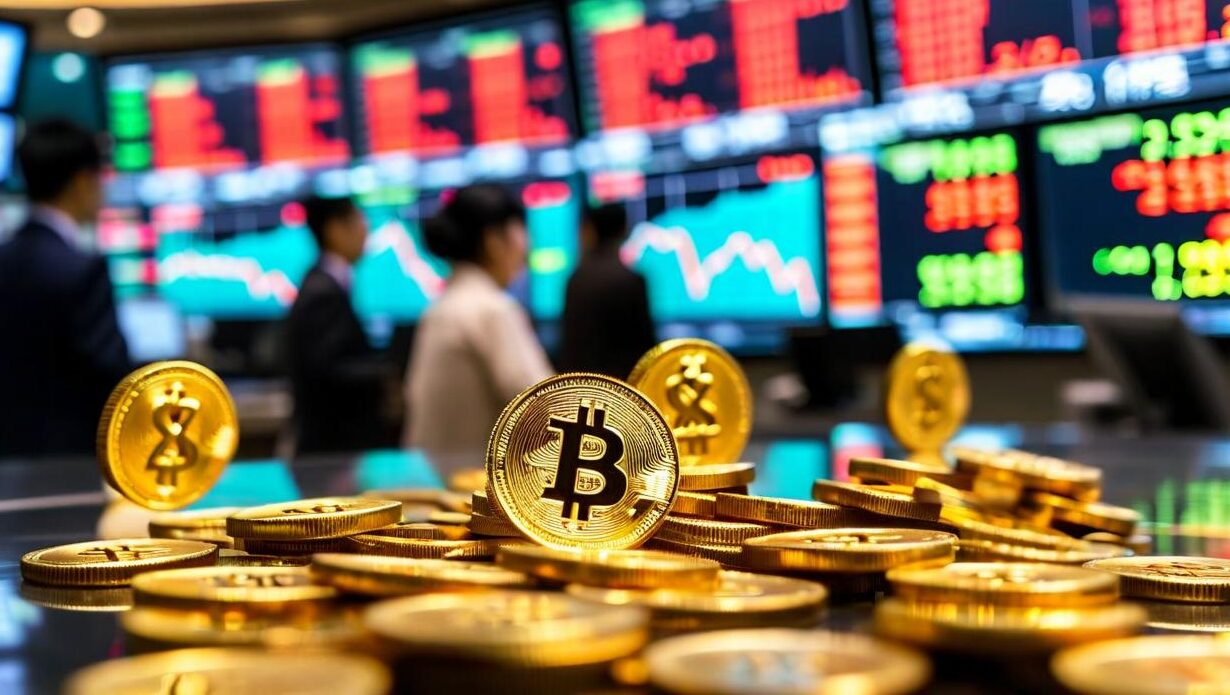Asian markets soared to record highs on Friday, following Wall Street’s rally, as investors bet on a wave of U.S. interest rate cuts that could ease borrowing costs worldwide. The optimism also gave bond markets some breathing room and pushed down the dollar.
The upbeat mood spread to Europe, with EUROSTOXX 50, FTSE, and DAX futures all up about 0.2%. Meanwhile, S&P 500 and Nasdaq futures held steady after hitting fresh highs overnight.
Japan, South Korea, and Taiwan’s stock indexes climbed to record levels, while Chinese markets reached their strongest point in three and a half years, fueled by expectations of booming AI-related profits.
A key U.S. inflation report, seen as the last hurdle before the Federal Reserve moves on rate cuts next week, came in firm but not alarming. Parts of the consumer price index that feed into the Fed’s preferred inflation gauge looked soft, with Citi analysts predicting core personal consumption expenditures will hold steady at 2.9% in August.
“It’s an encouraging reading for Fed officials preparing to engage in a series of rate cuts,” said Veronica Clark, an economist at Citi. The bank expects as much as 125 basis points in cuts over the next five Fed meetings, with the possibility of rates eventually dropping below 3%.
Markets are fully pricing in a quarter-point cut next week, which would bring rates to 4.00%-4.25%, and see a roughly 90% chance of two more cuts by year-end.
U.S. Treasury yields have already moved lower in anticipation, with the 10-year yield dropping 20 basis points in the past two weeks. That decline has helped cool worries in European bond markets, where political uncertainty and growing fiscal pressures have weighed heavily.
In Asia, Japan’s Nikkei jumped 1% to another all-time high, up 4.1% for the week. South Korea’s benchmark rose 1.3%, extending its weekly gain to nearly 6%. China’s blue-chip CSI300 held steady after hitting its strongest level since early 2022, while MSCI’s broad Asia-Pacific index outside Japan climbed 1.2%.
ECB Holds Steady
In currencies, the dollar traded at 147.40 yen, down from Thursday’s brief climb to 148.20. Japanese and U.S. finance ministers issued a joint statement Friday confirming that neither country would target currency levels.
The euro stayed firm at $1.1728 after the European Central Bank left rates unchanged on Thursday and signaled it was in a “good place” on policy. Economists at JPMorgan now expect the ECB to wait until December to consider another cut.
“We recognize the ECB might be done with cuts, but still think downside growth risks and the inflation outlook justify an easing bias,” said JPMorgan economist Greg Fuzesi.
ECB insiders later told Reuters that December would likely be the earliest point for serious debate on further easing. Markets currently see only a 20% chance of a December cut and a 60% chance the ECB is finished for this cycle.
Commodities Mixed
Gold rose 0.5% to $3,654 an ounce, just shy of this week’s record high of $3,673.95. Oil prices, however, slipped after the International Energy Agency forecast a larger-than-expected surplus next year, as OPEC continues to boost supply.
Brent crude fell 0.6% to $65.91 a barrel, while U.S. crude dropped 0.8% to $61.88.






